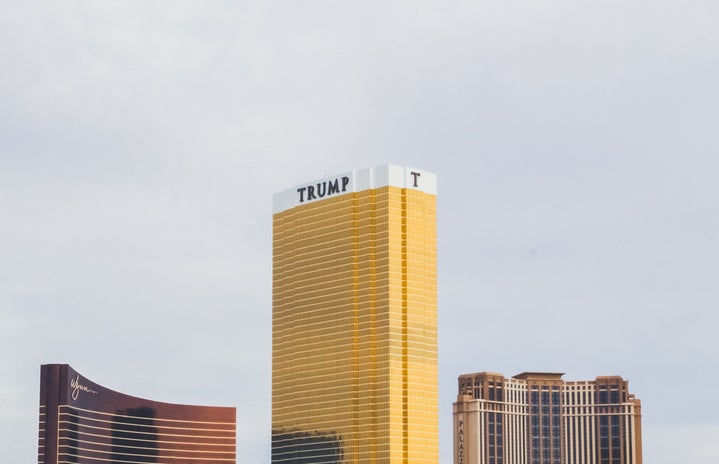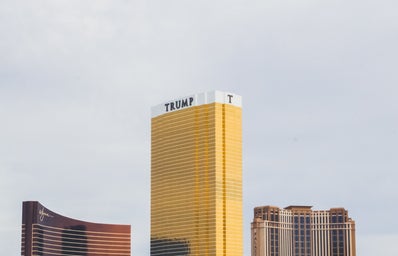When Donald Trump was elected as the next President of the United States on Nov. 8, it shocked the entire world. There were riots, protests and lots of tears. A few days after the election occurred, people started to discuss ways that this vote could be overturned. Could he get impeached before the inauguration? Would a recount help? What about the Electoral College?
The latter became many people’s biggest hope. When Trump won, he won more than the 270 electoral votes needed to become president. But since the election, a few electors have come forward saying that they might not actually vote for the person their state picked. Some even formed a nonprofit to try to persuade electors to back a different candidate, calling themselves the “Hamilton Electors.”
Now, the day has come: On Monday, all across the country, the 538 members of the Electoral College will cast two ballots—one for the president and one for the Vice President, according to TIME. Typically, the electors will vote for the candidate who won the popular vote in their state on election day. But, under the Costitution, they’re actually not legally required to do so. These people are called “faithless electors,” or ones who vote against the popular vote of their state. In some states, faithless electors may have to pay a small fine for voting against their state’s choice, though Bustle points out that none of the faithless electors in history have ever been punished.
Because of this, many people are wondering if Hillary Clinton, or another candidate, could have a chance to win. And in fact, they do have a chance, although a very very small one. In order to sway the outcome of the vote—i.e make sure Trump is not elected into office—37 of these electors would have to switch their expected choice to make the election a tie. If that happens, the House of Representatives would be responsible for electing the next president. But, because the House is currently majority Republican, it’s very unlikely that they would flip flop and pick someone other than Trump.
After all of the electors have voted, the ballots are then sent to DC, where members of the House and Senate will count all of the votes on Jan. 6, 2017. TIME also reports that Vice President Joe Biden will preside over the vote and call the presidency for whichever candidate receives at least 270 votes.
In the general election, Trump won with 306 electoral votes while Clinton only had 232, so it is unlikely that 38 of the electors will vote their conscience. According to Heavy, in the election of 2000, Al Gore earned 266 electoral votes and George W. Bush had 271—and even then, when Bush only needed to lose two votes, no one switched.
So at this point, we just have to wait and see what happens.

